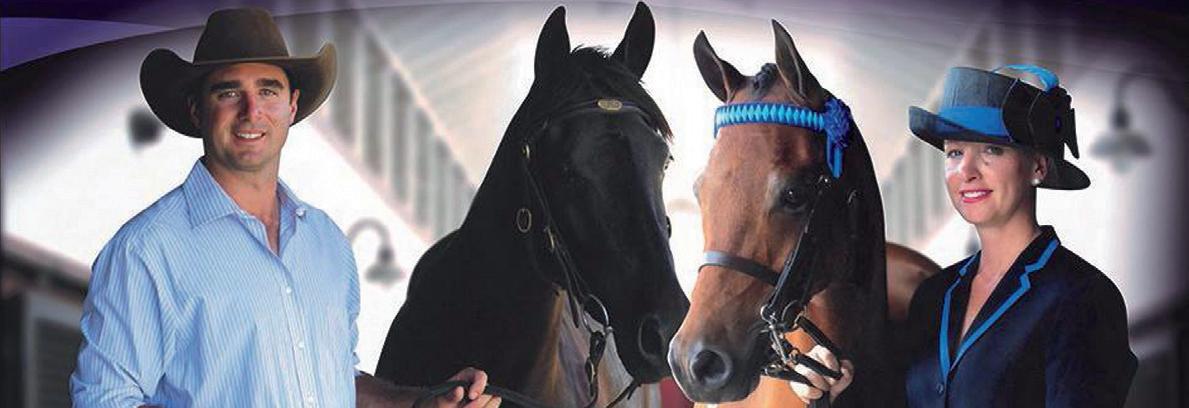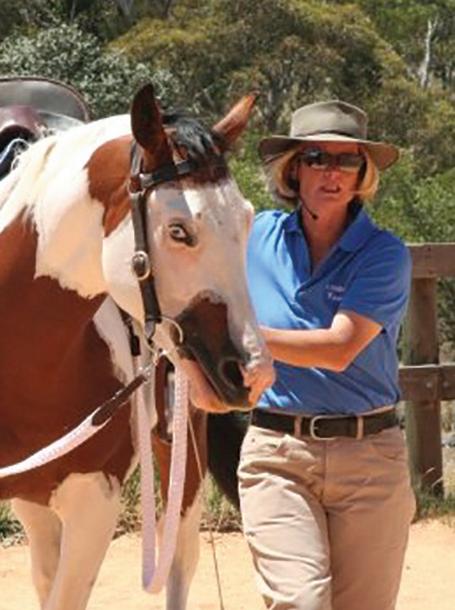2 minute read
The Horse Report How to increase horse health on a budget
Next Article
By ANTOINETTE FOSTERBSc Nutrition, Nutritional Therapist and Medical Herbalist, Dip Nut © Hi Form Australia
Increasing the health and well-being of your horse, improving digestion, skin and coat condition, boosting the immune system and slashing your feed bill is not difficult to achieve. In this article we show you how.
The Horse’s Digestive System
Horses grind their feed very thoroughly to a size less than 20mm so as to prepare it for digestion within the small intestine. Fermentation and the breakdown of fibre do not occur until the feed reaches the hindgut. Horses that tend to eat too quickly or ones with poor teeth will cut down the required process allowing the feed to reach the hindgut not fully digested. This can lead to digestive upsets.
Horses take about 1000 jaw, mastication movements to chew 1kg of grain and about 3000 to chew hay - pretty amazing when you think about it, 1kg of grain is a reasonable amount of grain.
Routing checks of your horse's teeth is essential to maintain the condition particularly with horses that are feed hard feeds and are working reasonably hard.
Sharp edges can develop on the cheek or large pre-molars and molar teeth. The horse has a bottom jaw that is not as wide as the top jaw, sharp points may develop due to the side-to-side action of the jaw, which is required to grind the feed well.
What roles does the digestive system play?
Stomach
Mixing food. Emission of gastric juices.
Partial digestion of protein
Small Intestine
Major digestion and absorption of proteins, fats and carbohydrates to glucose. Absorption site for calcium, iron and other minerals, electrolytes and B complex vitamins.
The Equine Digestive Tract
Large Intestine
Bacterial fermentation of fibre, cellulose and carbohydrates. Bacterial synthesis of vitamins, protein and water absorption.
What to feed?
Feeding a diet that is designed for the species is essential; this involves feeding a natural diet.
Horses have the most remarkable grinding process within the mouth able to pulverise a handful of whole oats in just seconds. They are the only species in the world that have this particular jaw action and remember that the anatomy and physiology of horses has not changed, but the way we are feeding has.
The onset of fast food for horses with its socalled time saving approach has only complicated the situation, not just for horses but for horse owners as well.


Just as fast food in the human world has created a number of health problems, the same has occurred in the horse world. Health concerns include obesity often leading to laminitis, colic, digestive problems, ulcers, loss of weight temperament changes etc. It is essential for us to consume a healthy diet for our health and well being, it is no different for horses.
Horses cannot make life choices where feeding is concerned as their lives are in our hands.
Continued page 17









